Various shipping methods exist for shipments of goods by sea. Understanding all those shipment methods and terms is important for businesses to streamline their logistics and ensure smooth deliveries. Here, the most common way to ship is FCL DDP shipments.
What is FCL DDP Shipment?
An FCL DDP shipment combines two Incoterms (International Commercial Terms) used in international trade:
FCL (Full Container Load): This refers to a shipment that uses an entire shipping container. Your cargo has exclusive use of the container and won’t be consolidated with other shipments. Common container sizes are 20′ and 40′ with standard and high cube options.
DDP (Delivered Duty Paid): This Incoterm places most of the responsibility on the seller. The seller takes care of all costs and risks involved in getting the goods to the agreed-upon destination, including all duties and taxes.
Scope of DDP Shipments
This comprehensive guide will include everything you need to know about FCL DDP shipments. We will also explain the advantages and the step-by-step process used for managing shipments, the challenges and solutions, and the future of FCL DDP shipments.
Now that you know the basics, let’s explore the advantages that make FCL DDP shipments a great choice.
Advantages of FCL DDP Shipments
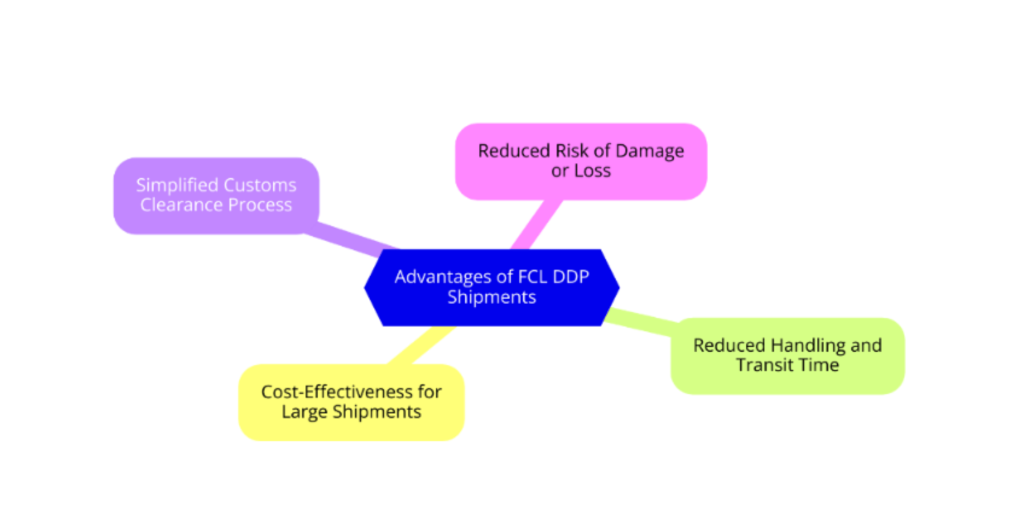
- Cost-Effectiveness for Large Shipments
FCL DDP shipments are generally considered very cost-effective for large shipments, particularly when compared to other shipping methods such as LCL(Less than Container Load). This is because you are only paying for the container, not per unit of cargo like LCL. With a large shipment filling the container, the cost per unit of your goods reduces significantly.
- Reduced Handling and Transit Time
With FCL, your goods have exclusive use of a container throughout the journey. This means less loading, unloading, and consolidation with other shipments compared to LCL (Less than Container Load) options, which can involve multiple handling points.
- Simplified Customs Clearance Process
FCL DDP shipments deal with all the customs formalities. The shipping partner is involved in paying any import duties and taxes. This relieves the buyer of the goods from the hassle of customs clearance and ensures no delays happen due to incomplete or incorrect paperwork.
- Reduced Risk of Damage or Loss
In FCL Shipment you have exclusive use of the container. This lessens the risk of loss or damage when goods are consolidated with other shipments in a shared container. With FCL, your products are sealed and remain untouched until they reach their final destination. This lowers the chances of mishandling, theft, and damage during transit.
- Convenience for International Buyers
FCL DDP shipments are especially popular among international buyers due to the simplified logistics that this service provides.
- By taking responsibility for the entire delivery process, the shipping partner assumes the risk associated with damage or loss during transportation. This provides peace of mind for international buyers who might be unfamiliar with import regulations or hesitant to deal with overseas logistics.
- Furthermore, both Amazon and Walmart often require sellers to use DDP incoterms for their fulfillment services. This ensures a streamlined and predictable delivery process for their vast network of warehouses and distribution centers.
FCL DDP Shipping Process
Step 1: Booking and Documentation
Contact a shipping company and book a full container for your goods. Prepare all the necessary documents to avoid any intricacies. Documents required for the shipping process include the following:
- Commercial Invoice
- Bill of Lading (B/L)
- Certificate of Origin
- Freight Receipt
- Import/Export Licences
- Packing List
- Customs Declaration Forms
- Validation of Inspection
- Insurance Certificate
Step 2: Loading and Shipping
Pack your goods securely into the container. Ensure the container is properly sealed and labelled. The shipping company transports the container from the point of origin to the port of departure. The container is transported onto a vessel and shipped to the destination port.
Step 3: Customs Clearance
The seller manages both export and import clearance. Upon arrival at the destination port, the seller pays all import duties and taxes specified under DDP terms. The necessary documents are submitted to customs authorities for inspection and approval.
Step 4: Delivery to Final Destination
Once the container clears customs, it is transported to the final delivery location specified by the buyer. The container is then unloaded at the buyer’s premises, completing the delivery process. The buyer receives the goods without being involved in any custom formalities.
But why is choosing a reliable and experienced shipping partner so crucial? Let’s break it down.
Factors to Consider When Selecting a Right Shipping Partner
It could be a huge loss for your business if you are unaware of the key factors you should consider when selecting the perfect shipping partner for you. Choosing the right shipping partner ensures smooth and efficient logistics operations. Let’s take a look at some key factors:
Reliability and Experience
- Consider the time the shipping partner takes to deliver the items. Look for on-time deliveries.
- Check reviews, testimonials, and industry reputation to gauge their performance.
- Look for an experienced shipping partner with a good market reputation for your FCL shipments
Sustainability
- Sustainability is a huge factor to consider when deciding on your shipping partner. Global efforts are being made in this direction as well. In comparison to 2008 shipping emissions statistics, the International Maritime Organization (IMO) aims to cut carbon emissions by 40% by 2030.
- You should consider the shipping partner’s commitment to sustainability and eco-friendly practices.
Also, consider their initiatives to reduce carbon footprint and support environmental conservation.
Technology and Tracking
- Look for a shipping partner that offers real-time tracking and updates on your shipment status.
- Integration with your systems for seamless information flow can be an added advantage.
Why Is Choosing a Reliable and Experienced Partner Important?
Needless to say, “choosing an experienced shipping partner is like selecting a well-seasoned guide.” While there are numerous reasons why choosing a reliable and experienced partner is important, let’s focus on some significant ones:
Ensures On-Time Deliveries:
- It ensures that your shipments arrive on schedule, preventing delays that could disrupt your supply chain and disappoint your customers.
- It enhances your business reputation, fostering trust and reliability with your clients.
Minimizes Risk
- Experienced shipping partners have strong handling and security measures that save your goods.
- Their international shipping laws and customs regulations ensure that shipments comply with all legal requirements.
Enhances Customer Satisfaction
- A reliable and experienced shipping partner ensures that your customers receive timely deliveries and are in good condition. Experienced partners inform about the status of their shipments across all channels, which maintains open lines of communication.
Facilitates Business Growth
- An experienced shipping partner can handle the complexity when your business grows, giving you the flexibility you need to scale operations smoothly.
- The reliable partners invest in the latest technologies and innovations, offering advanced tracking systems and automation tools that streamline logistics processes.
Expertise and Support
- Experienced partners bring valuable insights and expertise to the table. They help you navigate complex shipping scenarios and optimize your logistics strategy.
- They offer robust customer support, assisting you with any queries or issues.
Best Practices for FCL DDP Shipments
To ensure smooth and efficient FCL DDP shipments, it’s essential to follow certain best practices:
Proper Packaging and Labeling:
- Use high-quality, durable packaging materials to protect your goods during transit.
- Clearly label the container with all necessary information, including the contents, destination, and handling instructions.
Accurate Documentation and Compliance
- Ensure all documents, such as bills of lading, commercial invoices, certificates of origin, packing lists, import/export licenses, customs declarations, and insurance certificates, are accurate and complete.
- Verify that all documents comply with both the exporting and importing countries’ regulations to avoid delays at customs.
Communication with the Shipping Partner
- Provide your shipping partner with clear instructions and requirements for the shipment.
- Maintain regular communication with your shipping partner to get updates on the shipment status.
Insurance and Risk Management
- Ensure your shipment covers potential risks such as damage, loss, or theft.
- Develop risk mitigation strategies, including contingency plans for common issues like delays or customs hold-ups.
How Do FCL DDP Shipments Work for Specific Industries?
Automotive Industry
FCL shipments are essential for the automotive industry, where large, heavy, high-value components must be transported securely and efficiently. Here’s how it works:
- Bulk Shipments: Car manufacturers and suppliers often need to ship large quantities of parts, such as engines, transmissions, and body panels, which fit perfectly into full containers.
- Risk Reduction: Using FCL, automotive companies ensure that their high-value components are not mixed with other shipments, reducing the risk of damage and loss.
- Customs and Compliance: The DDP terms mean that the seller handles all customs duties and taxes. It ensures smooth customs clearance and timely delivery.
Retail and E-commerce
The retail and e-commerce sector greatly benefits from FCL DDP shipments, particularly for inventory management and large-scale product launches. Here’s the process:
- High Volume Inventory: Retailers often need to restock large volumes of inventory quickly. FCL allows them to ship bulk products efficiently, meeting high consumer demand.
- Efficient Supply Chain: With DDP terms, retailers can rely on the seller to manage customs duties and taxes, ensuring that goods arrive at warehouses ready for distribution without additional costs or complications.
- Seasonal Stocking: For seasonal products, retailers can import full containers of merchandise in advance, ensuring they are fully stocked for peak shopping.
Manufacturing and Industrial Goods
In the manufacturing and industrial goods sector, timely and secure delivery of raw materials and components is crucial. Here’s how FCL DDP shipments assist:
- Bulk Raw Materials: Manufacturers often need to import large quantities of raw materials like metals, plastics, and chemicals, which are best shipped in full containers to optimize costs.
- Customs Efficiency: DDP terms simplify the customs process, which allows manufacturers to focus on production rather than dealing with complex import regulations.
- Scheduled Deliveries: FCL shipments can be expected to align with production timelines, ensuring a steady supply of materials without interruption.
Pharmaceuticals
FCL shipments play a crucial role for pharmaceutical companies. Because of the sector’s stringent regulatory requirements.
- Ensures that bulk shipments of medical supplies and equipment are transported securely and swiftly, covering all import duties and taxes to meet strict regulatory standards.
- With FCL shipments, the container is dedicated to a single consignee. It reduces the risk of contamination and ensures all the products are handled minimally and appropriately.
Food and Beverage
The food and beverage sector is heavily regulated to ensure safety and quality. FCL shipments ensure compliance with international food safety standards.
- Temperature-controlled containers should be provided for perishable items, with DDP terms facilitating quick customs clearance to maintain product freshness.
In each of these industries, FCL DDP shipments offer a reliable and efficient solution for transporting large volumes of goods while ensuring that the seller manages all logistical and customs requirements, providing a hassle-free experience for the buyer.
Common Challenges Faced During FCL DDP Shipments and Strategies to Overcome Them
1. Customs Delays
During FCL shipment sometimes there could be delays in customs clearance that occur due to incomplete and incorrect documentation or discrepancies in the shipment details.
Strategy to Overcome:
- Ensure your shipping partner has complete and accurate documentation before shipment.
- Ask them to review all necessary documentation in advance to avoid last-minute issues.
2. Damage and Loss During Transit
Goods can be damaged when not handled with care. Even if loaded correctly, they can be lost during transit.
Strategy to Overcome:
- Ensure your shipping partner uses excellent packaging materials and techniques to protect your goods.
- Ensure your goods are properly loaded to avoid potential damage.
- Ensure shipments cover any potential loss or damage.
3. High Shipping Costs
Shipping costs can be high, especially for long distances or heavy loads.
Strategy to Overcome:
- Compare rates from different carriers to find the most cost-effective option.
- Negotiate better rates with shipping partners, especially for regular or bulk shipments.
- Optimize container space by consolidating shipments to reduce costs.
4. Delays in Delivery
Late deliveries can be caused by various factors, such as port congestion, adverse weather conditions, or logistical inefficiencies.
Strategy to Overcome:
- Keep a check on real-time tracking and updates shared by shipping partners to monitor shipment progress and identify potential delays early.
- Ask your shipping partner to identify alternative shipping routes or methods in case of disruptions.
5. Communication Breakdown
Communication between the shipper, carrier, and recipient can lead to better understanding and delays.
Strategy to Overcome:
- Establish open communication with all parties involved.
- Receive regular updates on shipment status and any changes to the delivery schedule.
6. Managing Duties and Taxes
Accurately calculating and managing duties and taxes can be complex, particularly for international shipments.
Strategy to Overcome:
- Get in touch with professionals who specialize in duties and taxes.
- Ensure commercial invoices and other documents accurately reflect the value and nature of the goods.
- Ensure that duties and taxes are paid in advance by the seller to streamline the customs process.
Looking ahead, let’s see how new technologies and trends will shape the future of FCL DDP shipments.
Future of FCL DDP Shipments
FCL DDP shipments are evolving rapidly. Several innovations and technologies are slowly shaping the future of FCL DDP shipments. Here’s a comprehensive look at what to expect:
Emerging Trends and Innovations
- The increased use of AI and ML helps optimize routes, forecast demand, and manage inventory more efficiently.
- Smart containers equipped with IoT sensors provide real-time data on location, temperature, humidity, and security.
- Automation in warehouses and logistics management reduces manual labor, increases efficiency, and minimizes errors.
Impact of Technology and Digitalization
- Technologies like IoT and GPS provide real-time shipment tracking, allowing for better monitoring and management.
- Digital tools automate the management of shipping documents, reducing errors and speeding up processes.
- Predictive analytics forecast demand trends, enabling better planning and low inventory cost.
Sustainability and Environmental Considerations
A study finds that 79.6% of consumers are willing to wait at least one day for their online order if it will be shipped more sustainably. Therefore,
- Eco-friendly containers made from sustainable materials that reduce the environmental impact are important.
- Using biodegradable and recyclable packaging materials that reduce waste and environmental impact is also crucial.
Conclusion: The Final Consideration
FCL DDP shipments play an essential role in global trade by providing reliable and efficient solutions for transporting large volumes of goods across borders.
Each component, including cost-effectiveness, reduced handling and transit time, simplified customs clearance, and minimized risk of damage or loss has been discussed and explored.
This step-by-step shipping process helps streamline your logistics, leading to a smooth delivery.
As observed, emerging trends such as AI-driven logistics, smart containers, and blockchain technology also show promise to further enhance the efficiency, transparency, and sustainability of FCL shipments.
With extensive experience and a commitment to involving the latest technology, Intoglo provides a seamless and reliable shipping experience.
Furthermore, Intoglo’s expertise in customs regulations, comprehensive service offerings, and robust tracking systems make them the ideal choice for managing your international shipments.


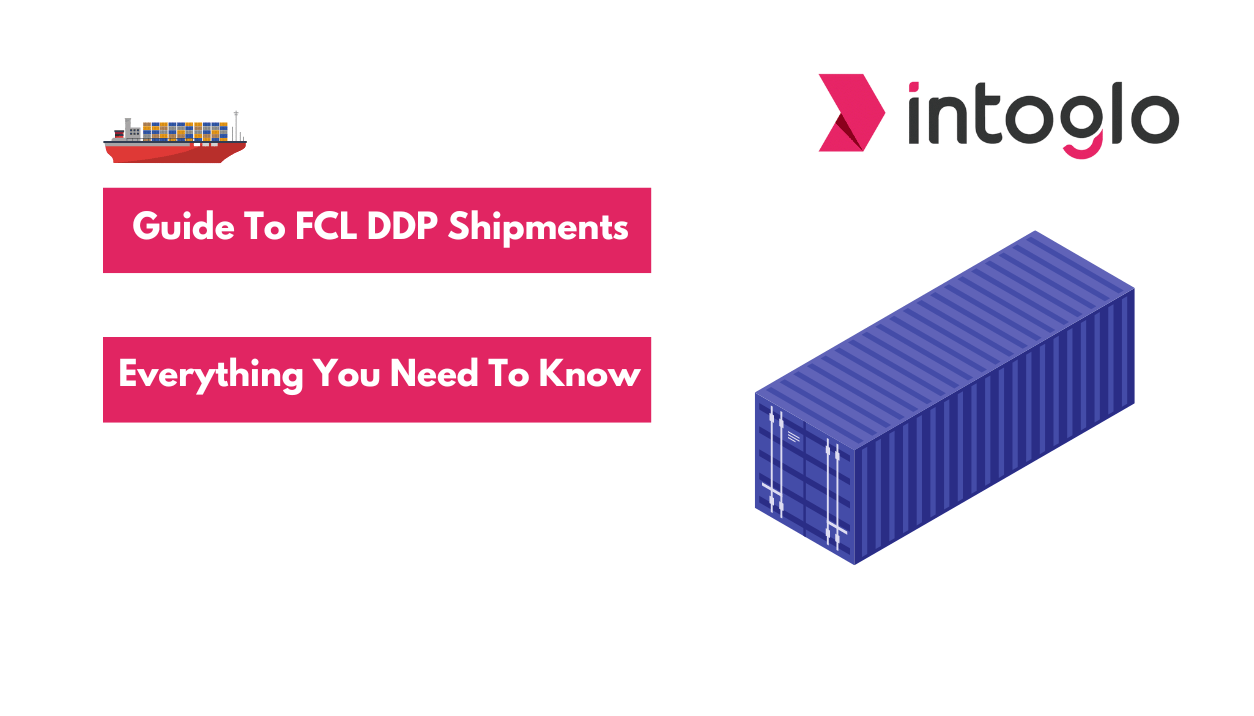
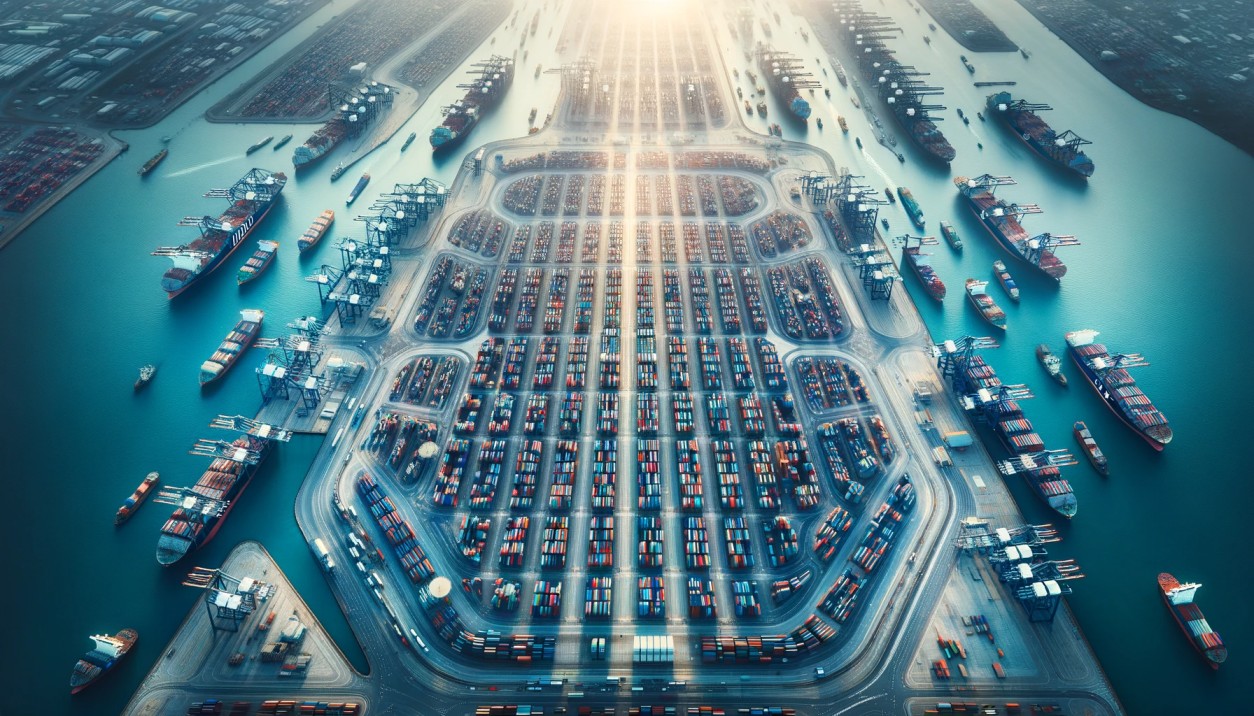
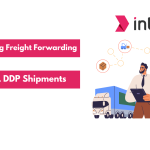
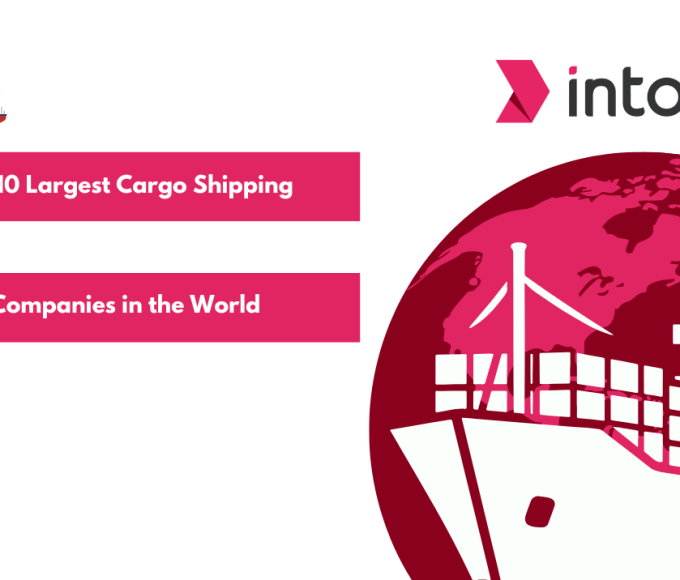
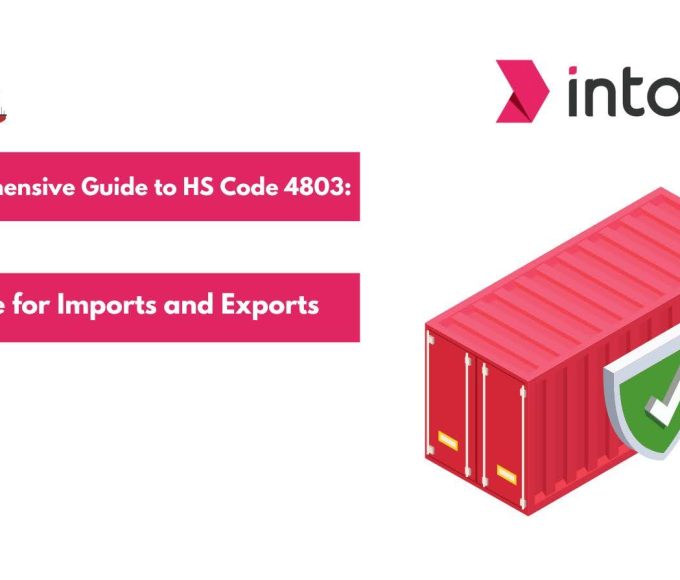
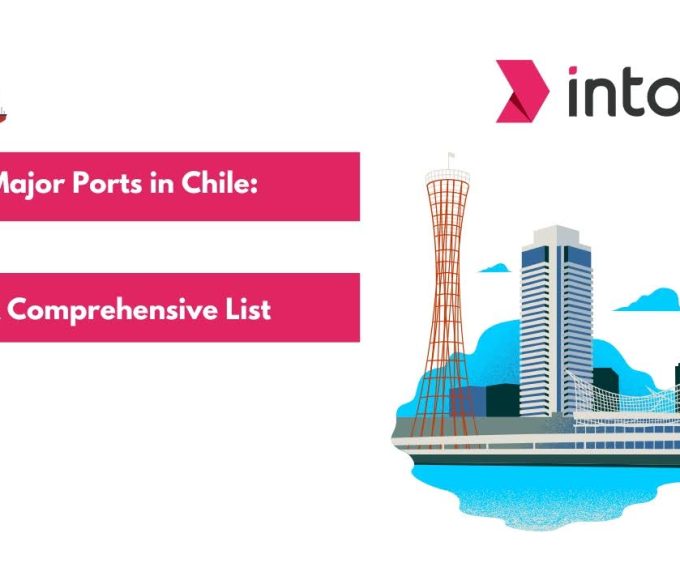
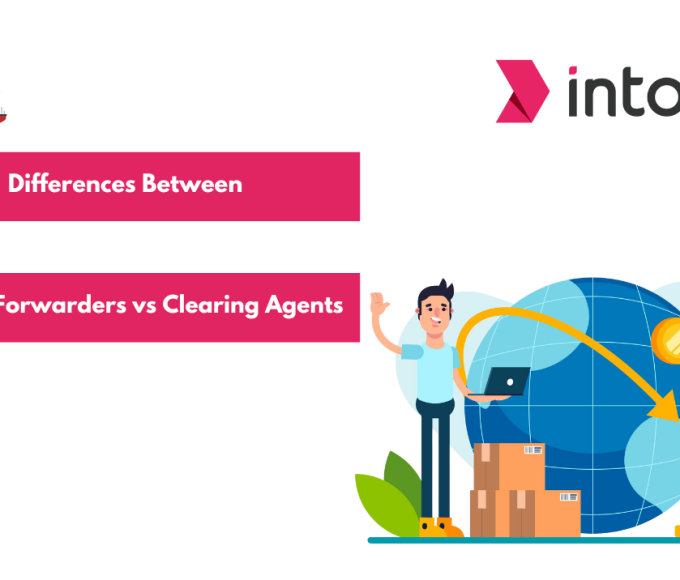
Leave a comment